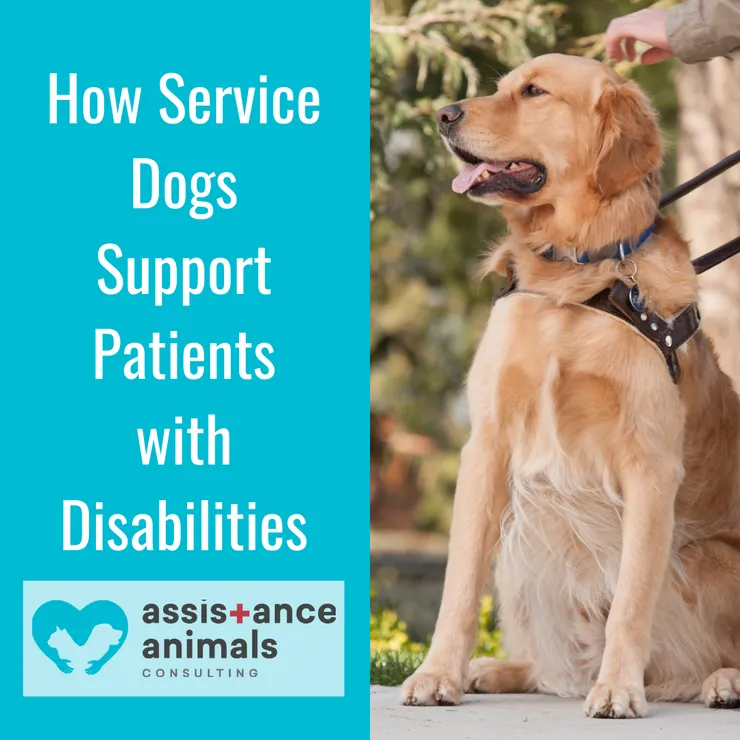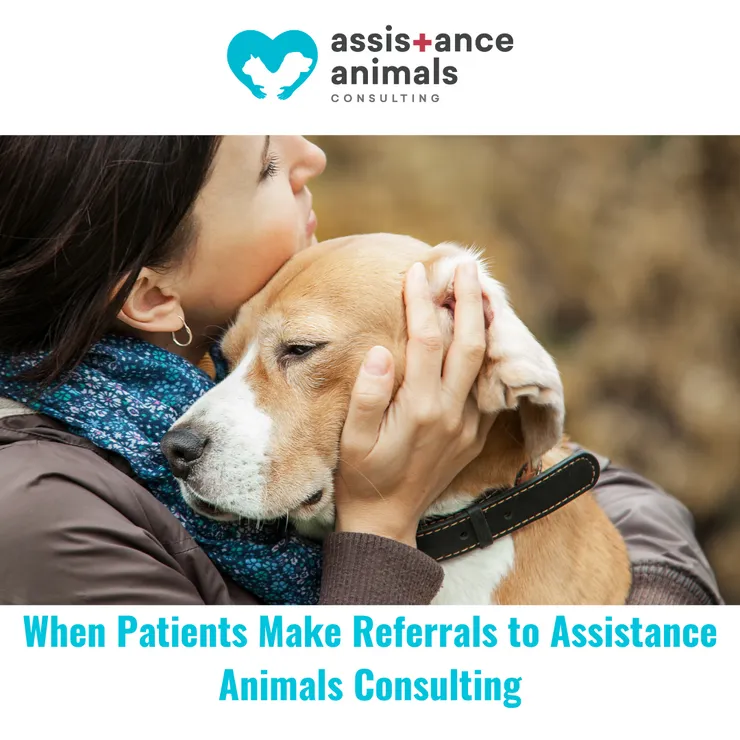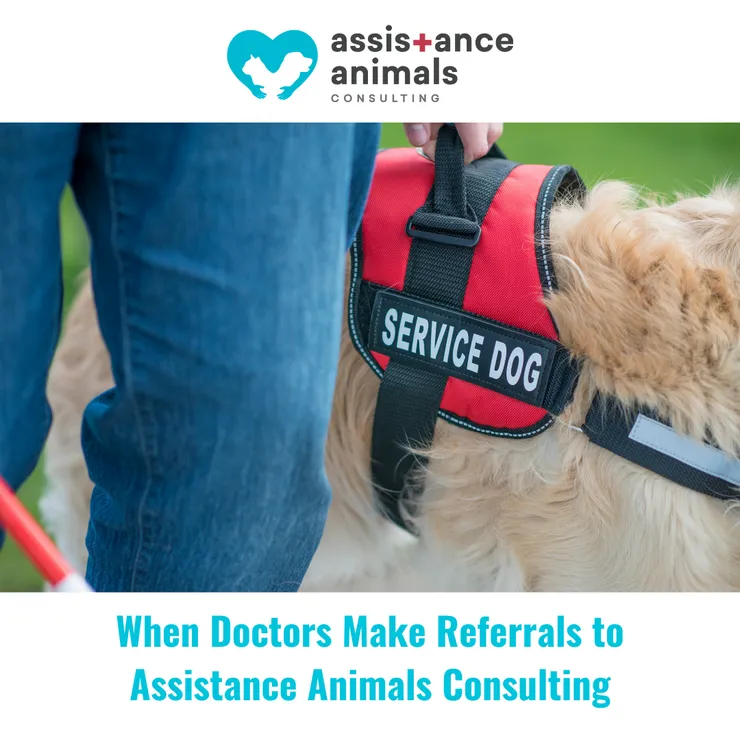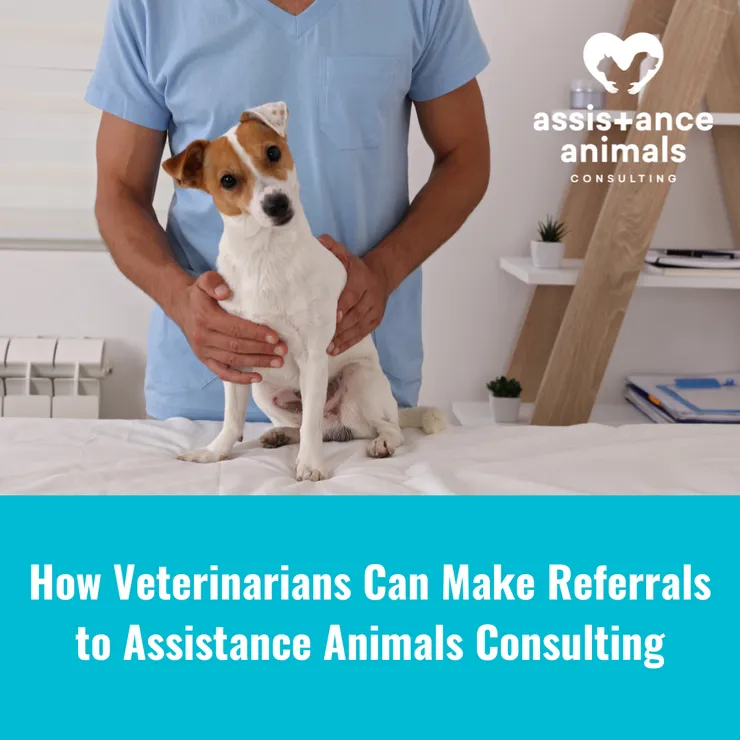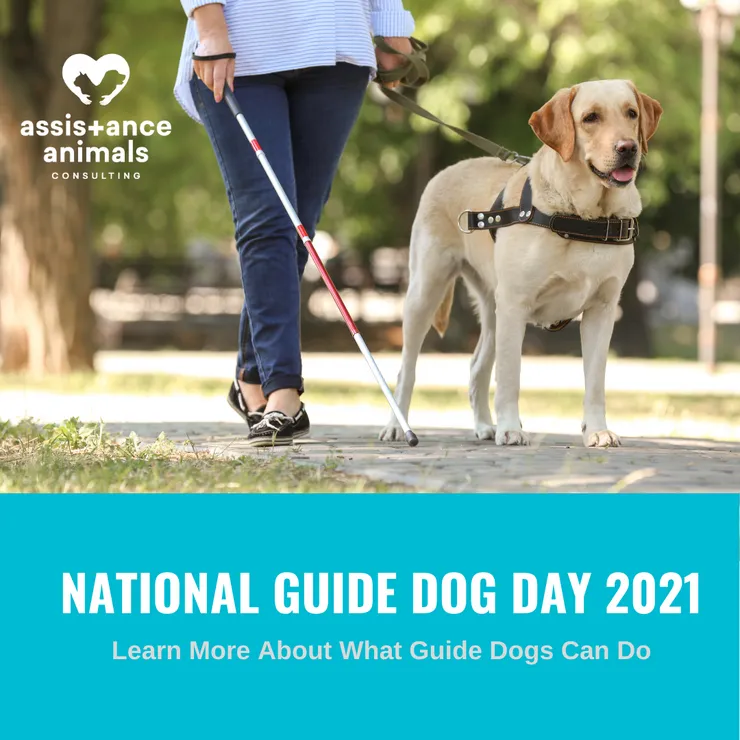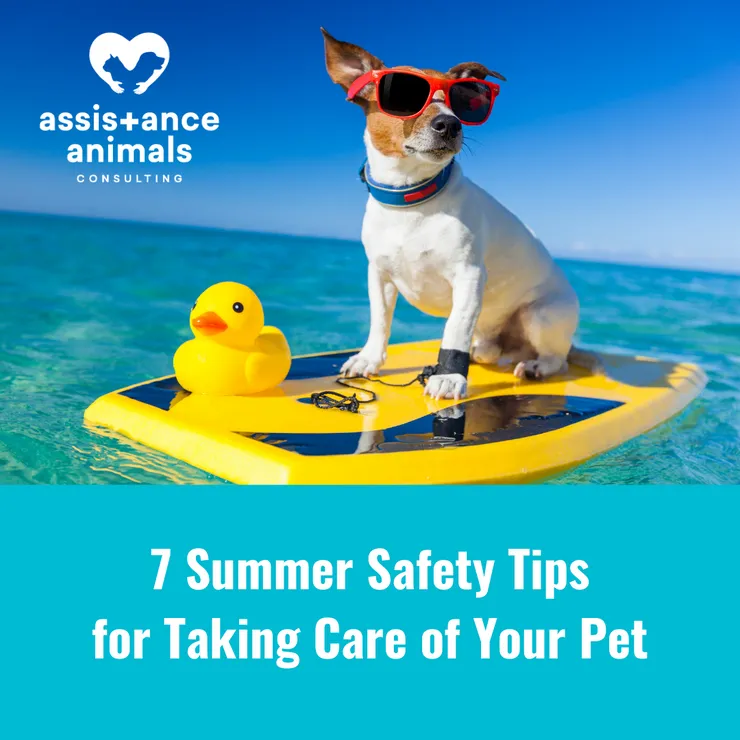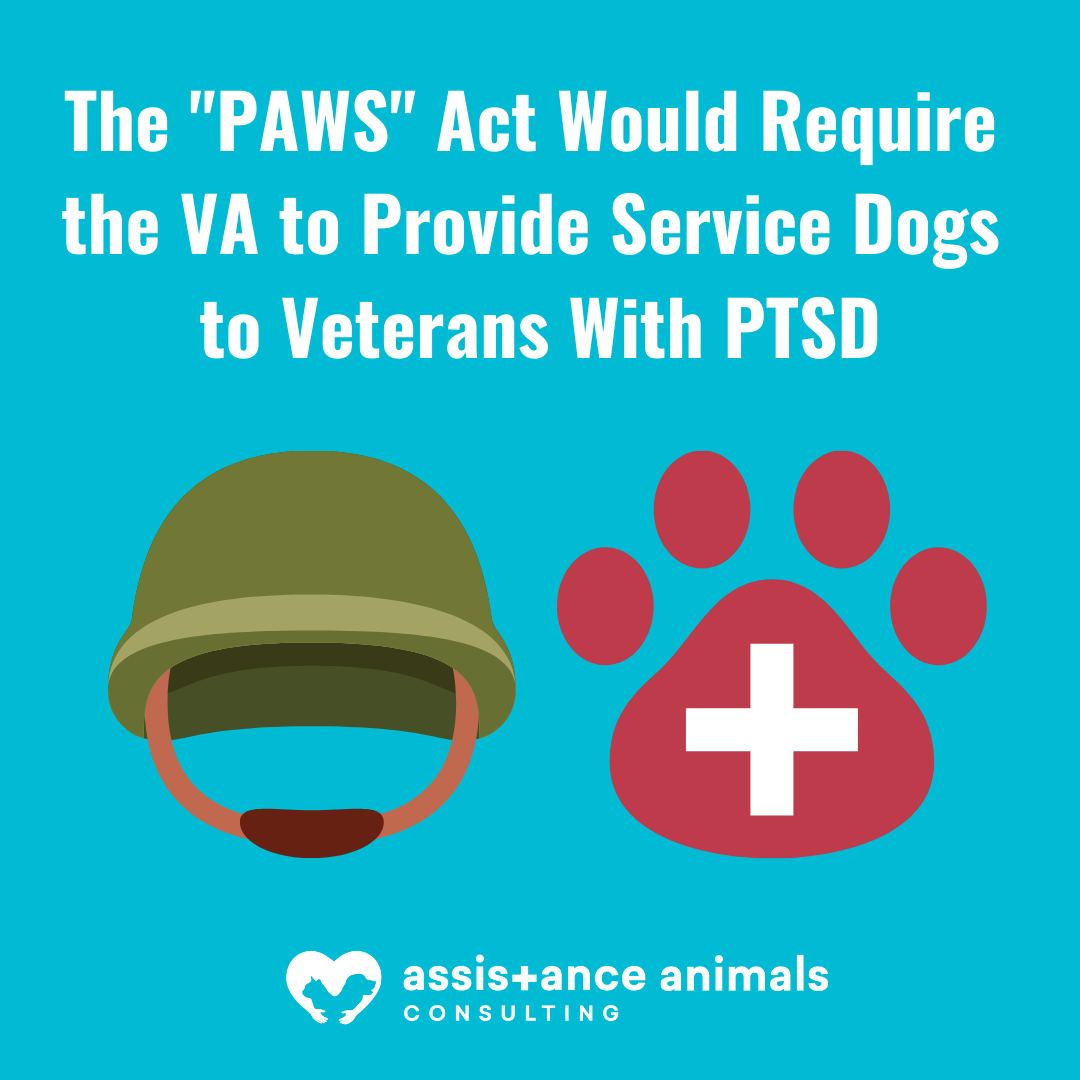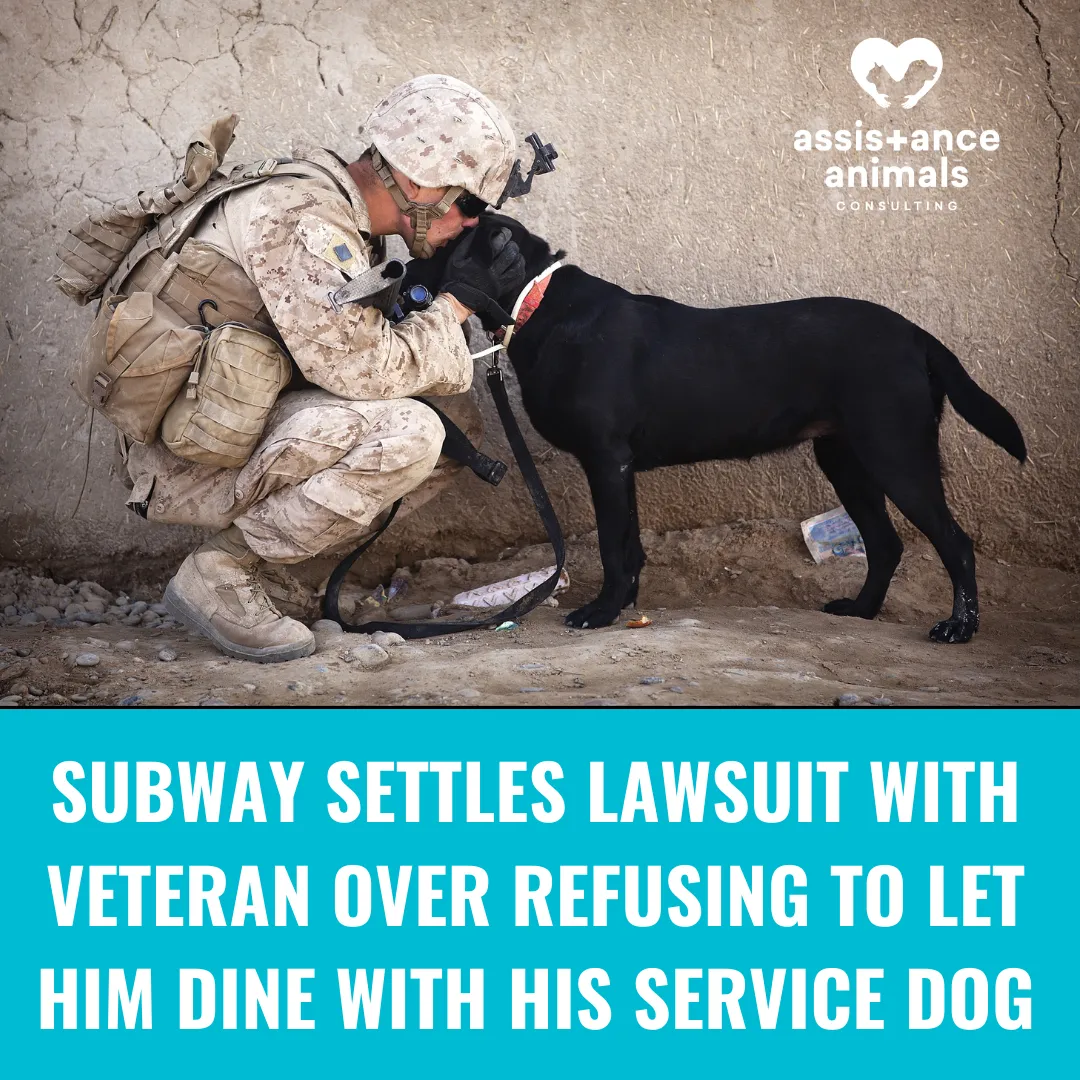Key Evaluations & Training Behaviors Needed When Adopting an Assistance Animal
Key Evaluations & Training Behaviors Needed When Adopting an Assistance Animal
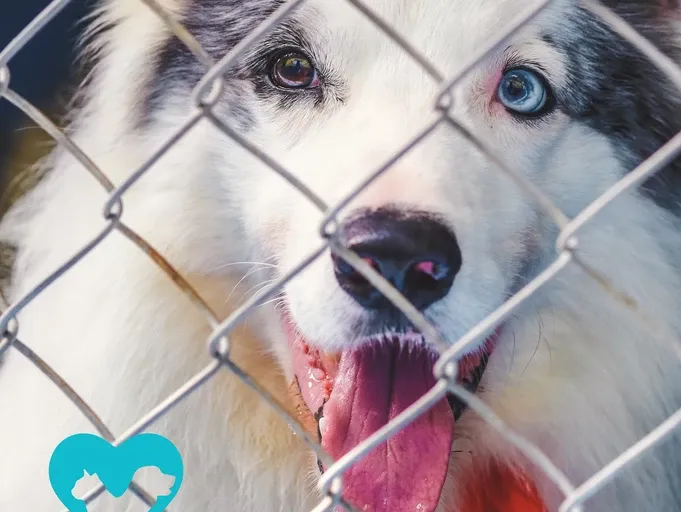
Did you know that October is Adopt a Shelter Dog Month and that a dog enters a shelter every 10 seconds? In fact, shelters across America have accepted more than 179,057 new dogs since October 1, according to the American Society for the Prevention of Cruelty to Animals (ASPCA). Advocating for pet adoption from shelters or humane societies such as the Greater Birmingham Humane Society is important. Here at Assistance Animals Consulting, we help adoption facilities with animal health evaluations and basic behavior evaluations to ensure the safety and welfare of the animals and their handlers. It is especially important to involve a veterinarian who specializes in human-animal interventions when a person is adopting a shelter animal for a therapeutic purpose. Our licensed veterinarians have identified three types of strategic evaluations for animals participating in animal-assisted interventions.
Animal Evaluation: The veterinarian assesses an animal’s overall health and temperament. The purpose of this evaluation is to identify and screen for diseases that can compromise the assistance animal’s ability to perform job functions appropriately, which puts the handler’s health at risk. This evaluation also allows the veterinarian to provide preventive care recommendations, which help to reduce zoonotic diseases. A zoonotic disease is a disease than can be transmitted from animals to humans and are considered a public health threat.
Human-Animal Evaluation: Veterinarians assess the effectiveness of the human-animal partnership and evaluate the mutual benefits of the human-animal bond. With this evaluation, it allows our veterinarians to collaborate with all care providers involved in the human-animal intervention program to maximize its effectiveness.
Human-Animal Interaction Evaluation: The veterinarian evaluates the working environment to recommend an assistance animal that works best for the environment and the handler’s lifestyle and medical needs. This evaluation also allows our veterinarians to assess the assistance animal’s temperament and behavior to screen for aggression risk which are a threat to public health and safety. Lastly, during this evaluation, Assistance Animals Consulting develops an emergency plan of action for the animal, so the needs of the assistance animal will be provided if its handler becomes incapacitated.
Whether adopting a pet or therapy animal, good training helps the animal’s behavior and improves the human-animal bond. Training provides mental stimulation, and well-trained animals are happier and healthier. Consulting with a veterinarian gives handlers and organizations expert guidance from licensed professionals. Veterinarians are recognized experts who are uniquely qualified to guide the community in their interactions with animals. Therapy animals need effective training for the safety of the animal, handler and the general public. Utilize these three basic training techniques to start providing your animal with good behavioral understanding to optimize its health, your own health and the human-animal bond.
1. Basic commands such as sit, stay and no barking help establish good animal behavior. Behavioral training is essential for therapy, emotional support and service animals.
2. Teaching the animal not to pull on the leash helps protect the safety of those around the assistance animal, including the handler. In public areas, it’s important the assistance animal is under the control of its’ handler at all times.
3. Helping the animal learn how to interact in crowds will reduce the animal’s anxiety. This helps the assistance animal from being stressed or scared, making it more overtly friendly and able to have safer interactions with people.
Assistance animals need to be evaluated and monitored for their welfare and our safety. Veterinary evaluations through Assistance Animals Consulting will significantly help improve the overall health and wellness of assistance animals. Proper behavioral evaluations to evaluate for aggression and training are essential to reduce the risk of bites. Our licensed veterinarians will make regular visits to assess the animals and provide training recommendations, later helping the facility adopt the animal to a person in need.
At Assistance Animals Consulting, we’re the animal intervention experts. Because more assistance animals are visiting public businesses with their handlers, it’s important to properly train and evaluate these assistance animals for the health and safety of everyone. Read more about the law passed in Alabama last month that advocates for service animals in public.
Contact Assistance Animals Consulting to learn more. We’re the human-animal intervention experts and advocates for assistance animals and their handlers. Veterinarians should be at the forefront of conversations about assistance animals before and during animal-assisted interventions, and we’re here to help.
